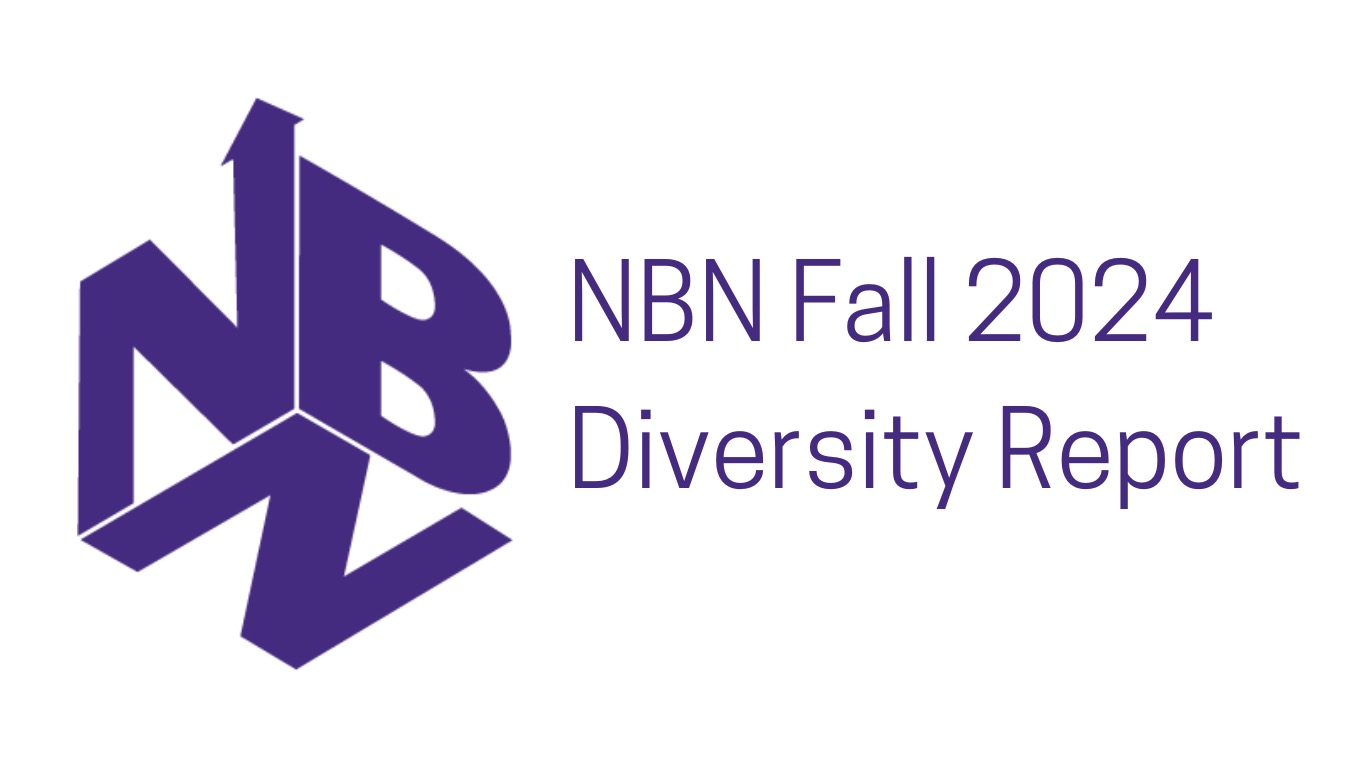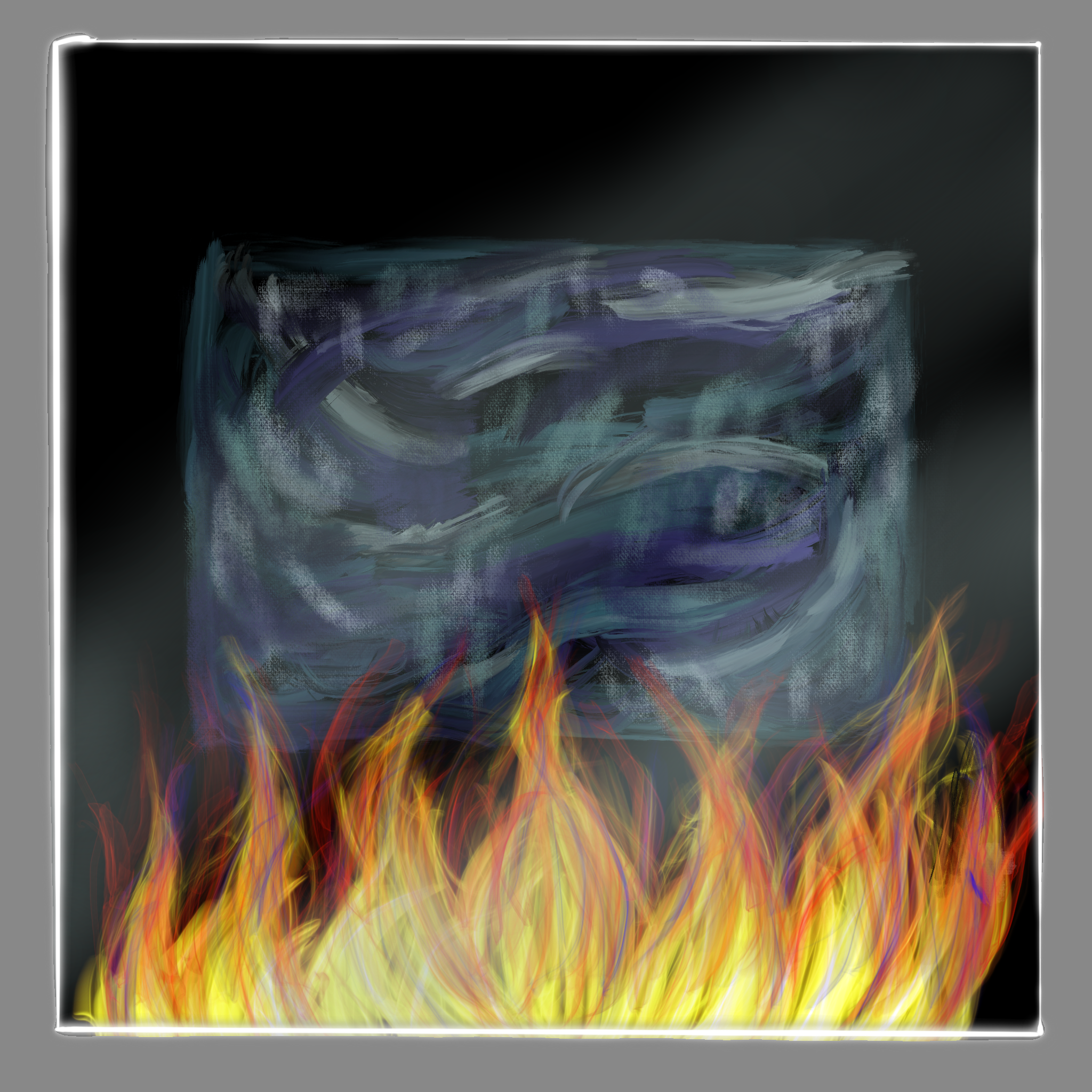
American politics is supposed to be thrilling. You hear out candidates and advocate for the one who aligns most with what you believe, expecting your favorite politician to get on stage and fight for those shared values. You get riled up to see them succeed, and their rivals feel the rush to see them fail. It’s the joy and headache of the American experiment of democracy.
But what happens when you can’t even see them put up a good fight? You don’t care to watch. You don’t care to act. You don’t care to vote.
ASG elections have been failing to provide what people want to see: a good show.
Last year, the ASG election came down to a hard choice: Donovan Cusick and Molly Whalen or Donovan Cusick and Molly Whalen.
The record-setting election saw the lowest turnout in 14 years, with 175 votes — lower than the 200 required to get on the ballot for this year.
The issue is that this year, it almost happened again. An uncontested ASG presidential ticket was all but inevitable a few hours before the deadline to submit signatures to get on the ballot.
Ringing the alarm bell, the ASG Election Commission Chair considered changing the rules in an effort to avoid an “unfortunate and undemocratic” election. He went as far as to say that extending the deadline by 24 hours was “looking like the likely outcome.”
The situation was absurd. With three hours left, I had been canvassing at Norris, trying to catch up for lost time. After a while, I took a break and called my partner. I could either continue chatting up students or join him for dinner. I ran the risk: I chose the Chipotle burrito bowl.
Twenty-four minutes before 7 p.m., we were notified. Another campaign had reached the threshold. There would be no extension. In the same breath, they basically told us: good game, thanks for playing.
In the end, 158 people had taken five minutes out of their day to support me. It was bittersweet. I tried and failed. I was satisfied until I wasn’t.
I was scratching with the idea that someone else might’ve thought the situation was weird. I contacted the three other candidates who had been disqualified and found out that one had been only 12 signatures away from meeting the threshold. He asked to remain anonymous.
“I honestly think the ASG [Election] Commission misguided us a ton. He said it was very possible that there would be an extension,” the candidate said. “It wasn’t a very democratic process.”
Aside from the fact that ASG presidential elections have been uncompetitive lately, the ASG election guidelines are strangely strict.
When getting signatures, you can’t meet with students without approval from the Election Commission. You can’t use social media, and you have to collect signatures on a Google Form – that you’d only get updated twice about. All in the name of, as they claim, ensuring candidates have “grassroots support.”
It doesn’t help when the Election Commission Chair doesn’t know his own rules. Fearing disqualification, I reached out beforehand on Tuesday to ask if I could share my platform in official group chats and ask for signatures; there, I was told that would be considered “campaigning” and not allowed. I would later receive a message at 1 a.m. on Friday “deeply apologizing” for his misreading of the guidelines.
I’d have been better off doing whatever I wanted and asking for forgiveness later.
I later spoke with the Chair at the ASG 2024 presidential debate, and the response was basically as follows: He was simply overwhelmed. The situation to consider the rule change was stressful, and he mentioned a lack of responses from the rest of the election commissioners. In his defense, he went so far as to reach out to the ASG administration for advice instead.
You have to understand that the Election Commission Chair is just like any other Northwestern student with a heavy workload, who might’ve bitten off more than he can chew. It wasn’t his fault that the rules themselves are confusing and needlessly burdensome.
More rules are simply more work for the Election Commission, and it stifles freedom of expression. This needs to change ASG: Let the students’ voices be heard.
ASG needs to consider solutions: 1) Have an in-person meeting to discuss campaigning rules with all of the candidates before beginning; 2) Give the power of signature collection to the candidates rather than through a centralized form that prevents them from having real-time updates on their signature count and; 3) Abolish unnecessary restrictions to pre-campaigning like preventing social media use (limiting how students interact with their peers in a 48-hour period).
We began the process with six potential campaigns and ended with two. Today there will be only one. We really only heard the perspectives from two campaigns so we’ll never know what new ideas the other four could’ve brought, what groups they could’ve engaged and what students they could’ve gotten out to vote.
With a system of rank-choice voting already in place, having more candidates on the debate stage is not a problem, but having fewer is.



